Try our learning program for free!
STEMVentor LMSHands-on Learning
Become a Web 3.0
Web 3.0 has many definitions and interpretations but it has one undeniable aspect - it will require a convergence of multiple emerging technologies, amongst the many, the key ones being Computer Programming, Physical Computing, IoT, Cloud Computing, AI/ML and Blockchain.
Learn from our project-driven, hands-on learning programs that cover the various components of a Web 3.0 solution, including Sensors, Microcontrollers, Programming in Python and Low-Code Platforms, APIs, MQTT Brokers, AI/ML Services, Databases, Blockchain Networks, Smart Contracts, and Mobile Apps, and how solutions can be designed and developed by integrating them using Cloud Infrastructure.
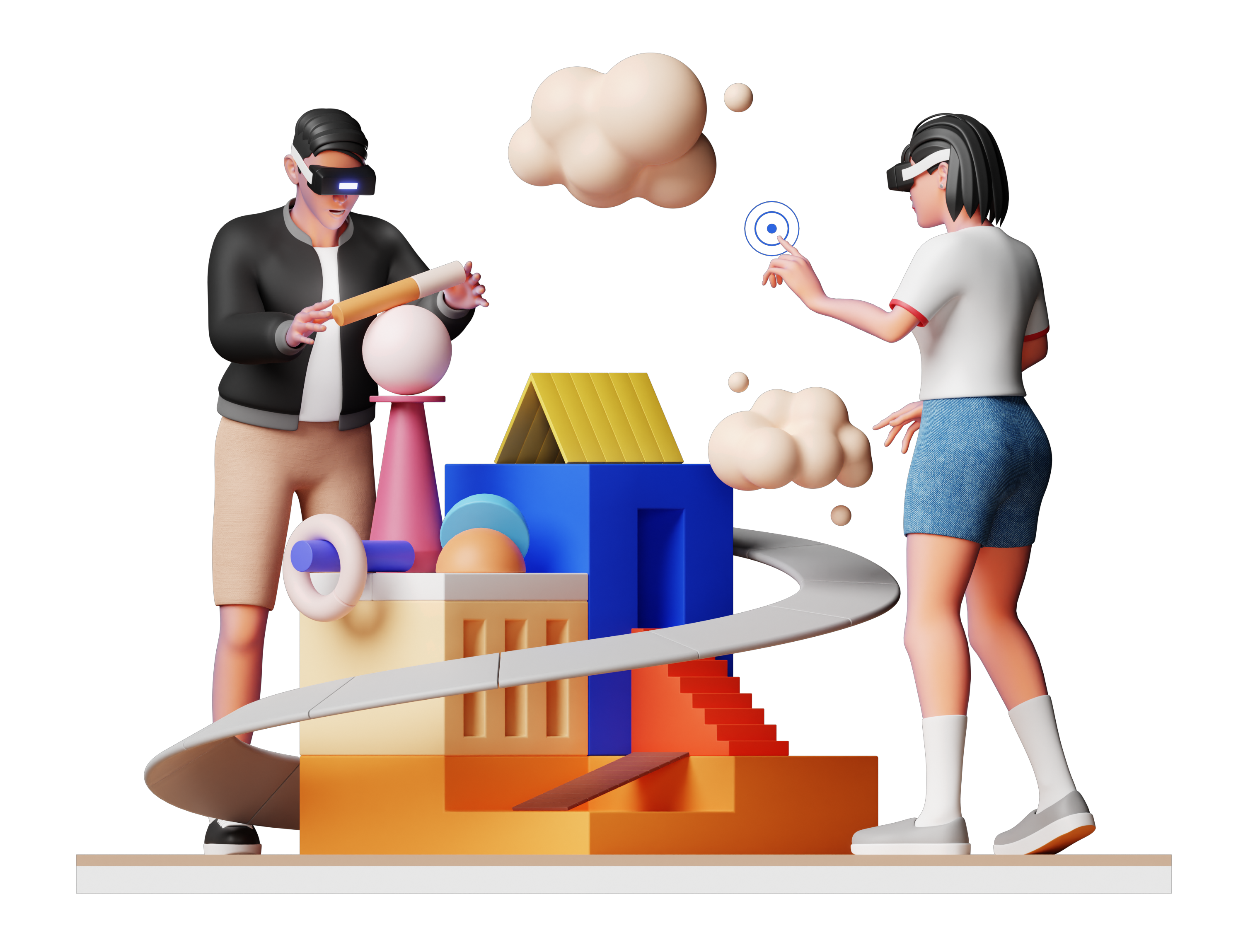
Computer Programming
Physical Computing
Internet of Things
Cloud Computing
Artificial Intelligence
Blockchain
Online Learning Management System
₹ 0 (Yes, it's free!)
Get access to the following:
In-Person Training
₹ 500 /person/session
Each session is 2 hours and typically 12 sessions are required.
It is possible to learn all about building IoT solutions by following the lessons and projects on the LMS. Yet, if you need some further guidance or would prefer to learn with an instructor, we offer in-person training (physical or over online video-conferencing).
Physical Computing and The Internet of Things
Lessons and Projects on the LMS
IoT Solutions
IoT solutions are Physical Computing circuits with the additional capability of connecting to servers or other circuits over the Internet, thus allowing for remote access and control. We will start with programming microcontroller development boards (like Arduino), then assembling micro-circuits with sensors, relays, and communication modules (such as Bluetooth), and finally getting the circuits to exchange data over the Internet using WiFi and MQTT.
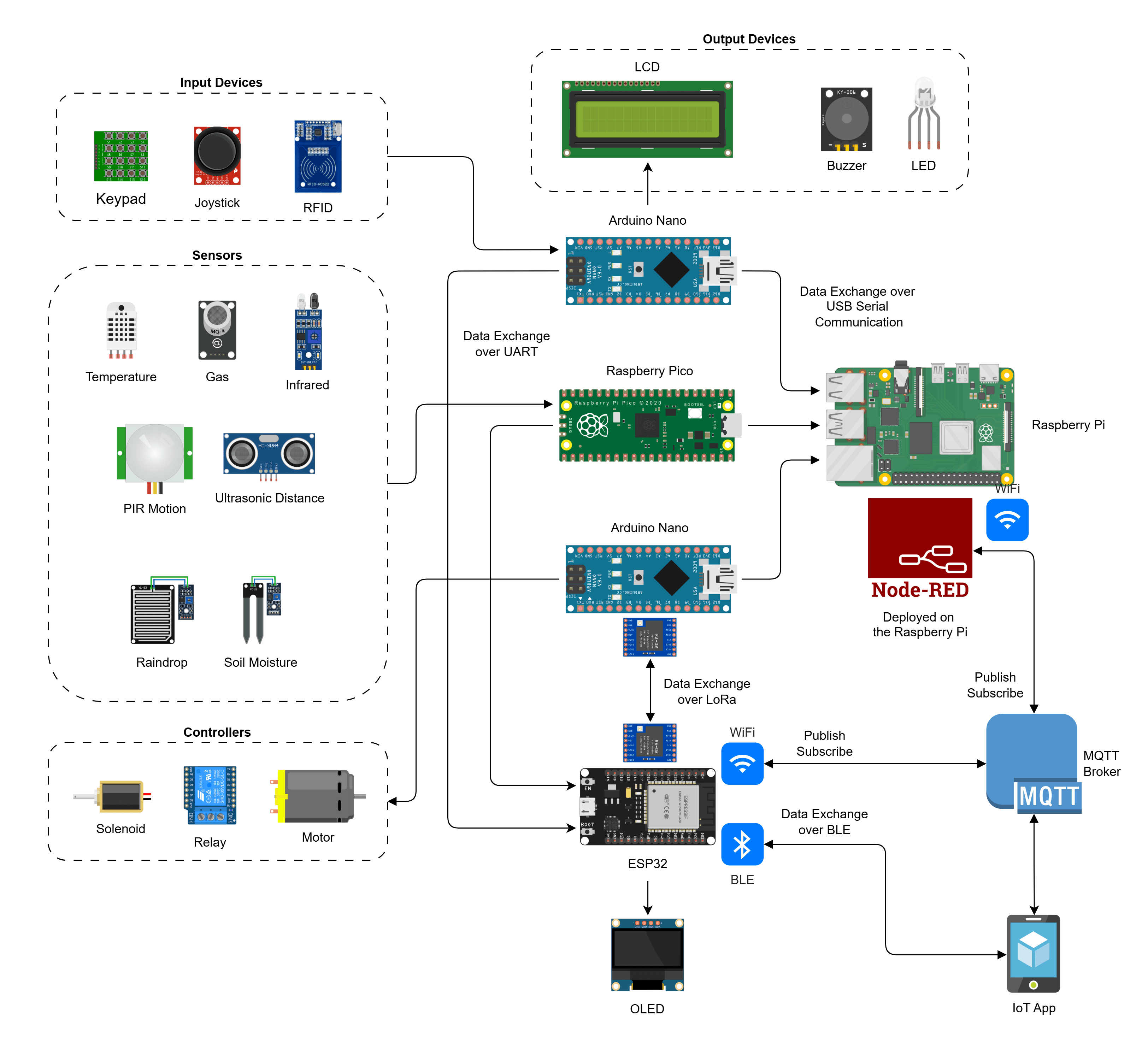
The final solution you will have built at the end of these learning sessions is shown above. It will have a collection of sensors and controllers that you can monitor and control using the STEMVentor IoT App over the Internet using WiFi and via BLE.
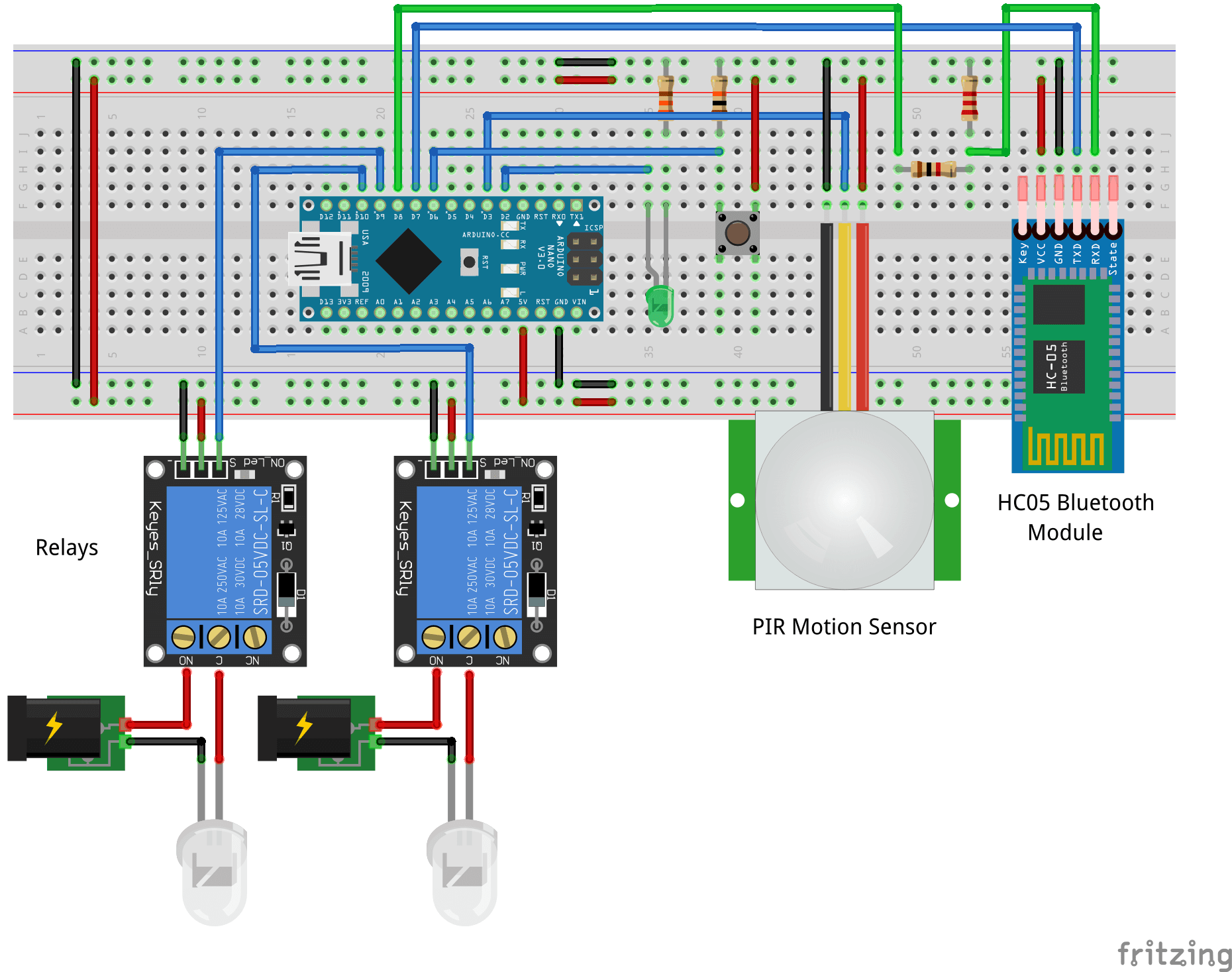
Build a Smart Home
We will be using the Smart Home as an use case for an IoT solution with sensors that send data and alerts to the IoT app and appliances that you can control with the IoT app.
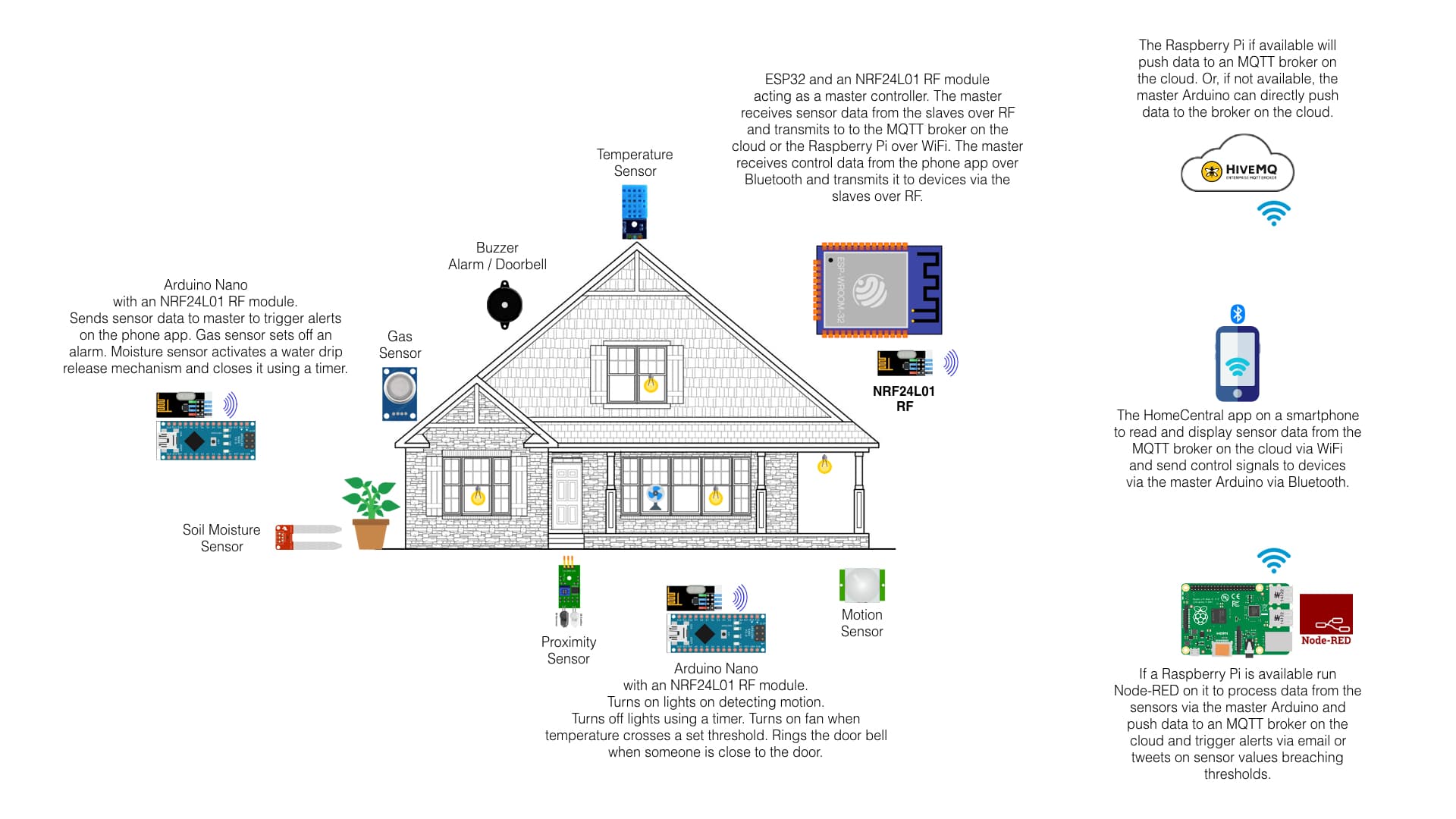
The STEMVentor IoT App
The IoT App is a mobile app for Android smartphones that can be used to read data from sensors and send control signals to devices. The app connects to MQTT servers over WiFi and to microcontroller boards over BLE. You can use this app to manage sensors and devices on any circuits you build, as long as they can publish and subscribe data to MQTT over WiFi or connect over BLE.
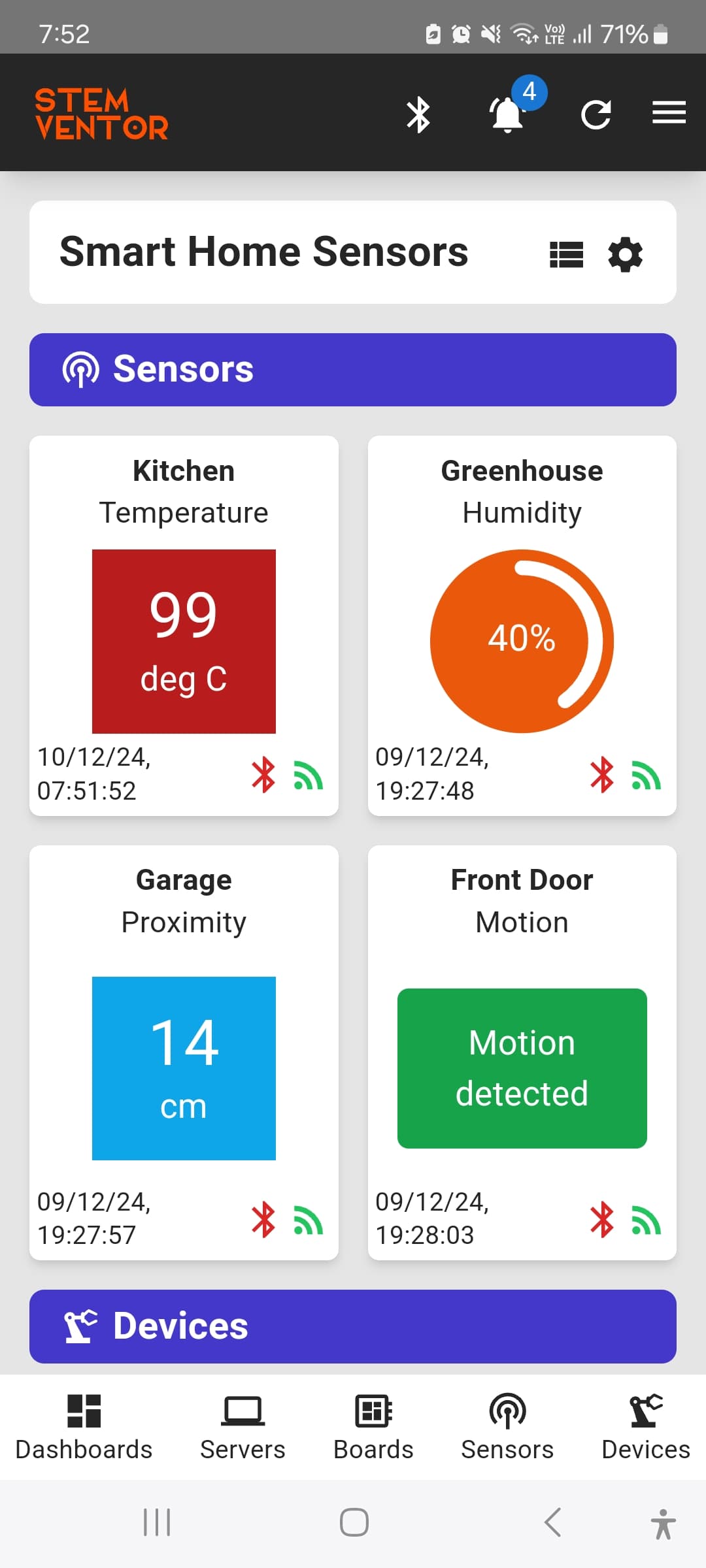
Customized breadth and depth
Programs By Audience
Our learning journey starts by helping you learn the fundamentals or building blocks of technology. Then in the hands-on part of the journey we help you learn how to build solutions that are a combination of physical computing and software programming. Finally we will introduce you to advanced technology concepts that you can take forward in your ongoing academic learning.
Our project-driven approach complements your academic learning by teaching you how emerging technologies integrate with each other to build solutions of the future. We help you conceptualize, design and build an industry-grade solution. The skills you acquire will help find yourself an internship or a job or ideas for your start-up. Or you may just enjoy learning something cutting-edge.
We demystify the technology landscape and help you understand emerging technologies, their relevance to your industry, and their convergence, to help you make an informed decision on what to invest in for the best business outcomes. Our programs are recommended for your non-technical teams, including senior management, product, sales, marketing, operations, and finance.
Other Skills
Beyond Technology
Design Thinking
Building good solutions requires more than just an understanding of technology. You need to understand business requirements and design the optimal solution that is user-friendly and performant. Good design skills are required to develop intuitive user interfaces, optimal business process, and well-structured data.
Agile Development
Agile development is a modern approach that is used when developing applications where requirements are evolving. You should be able to start by building a minimum viable product (MVP) that can be demonstrated to your users and then build upon it incrementally allowing users to stay enagaged and give feedback through the process.
Collaboration
Building solutions of the future will require individuals and teams with complementary skills working together. While each one may build a part of the solution, all parts need to integrate to provide the complete solution. This requires good collaboration skills from the design and architecture to implementation.
- Lessons
- 65+
- Projects
- 50+
- Learning Hours
- 300+